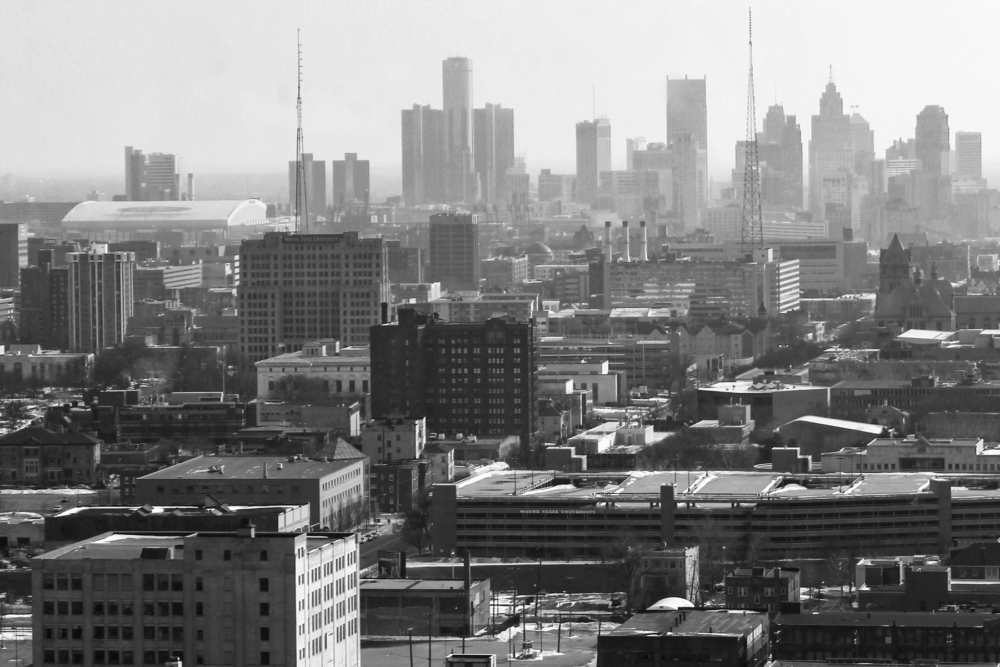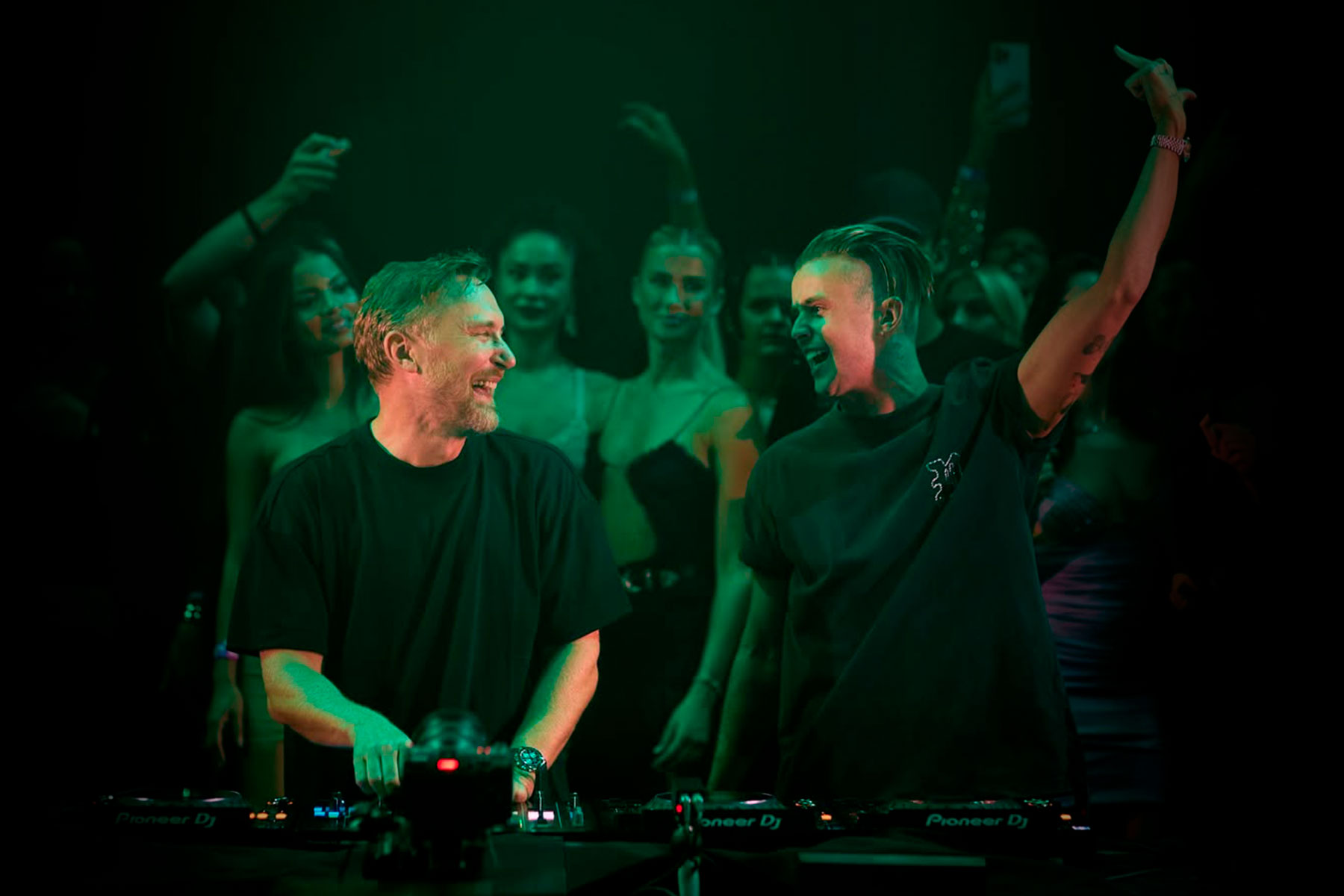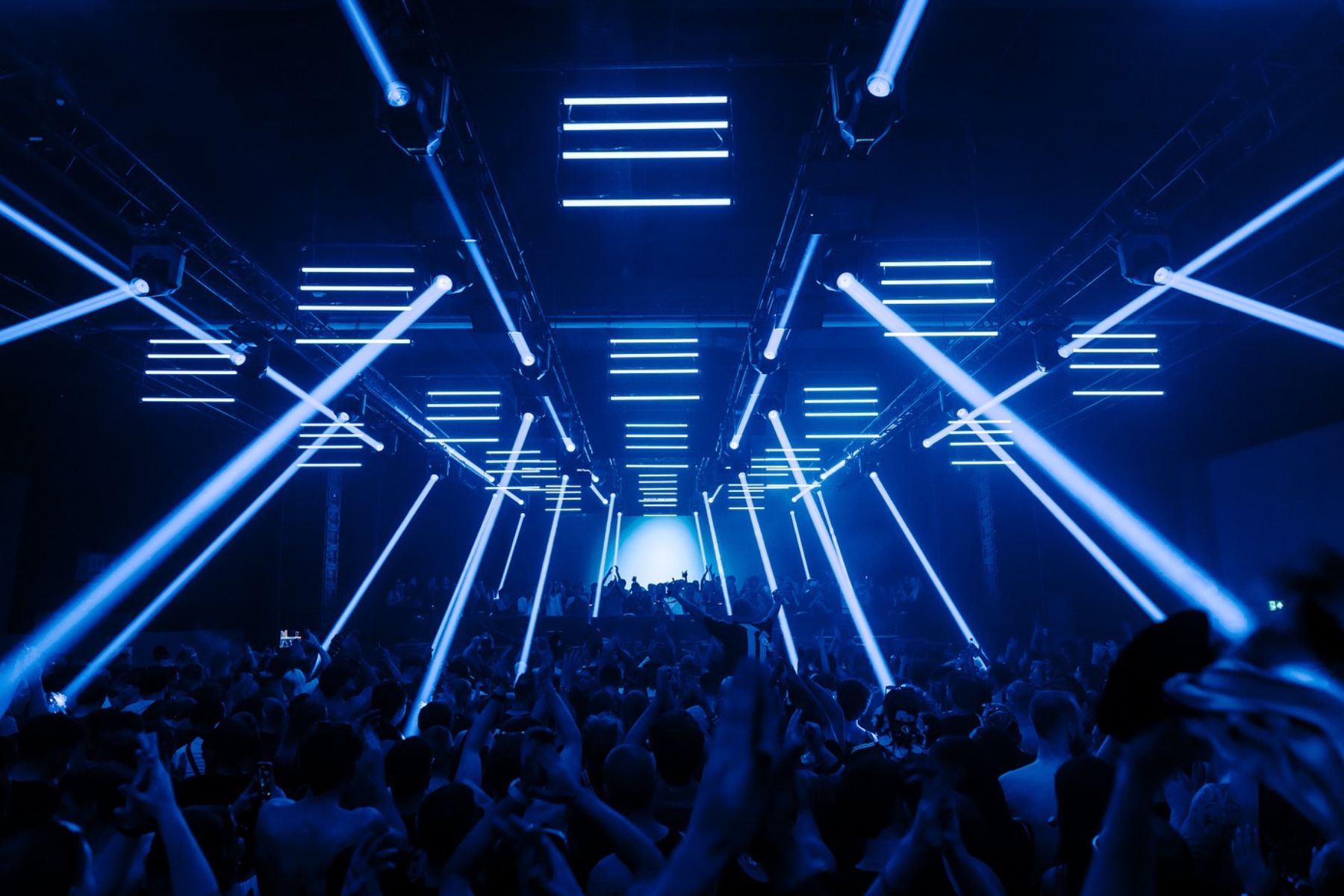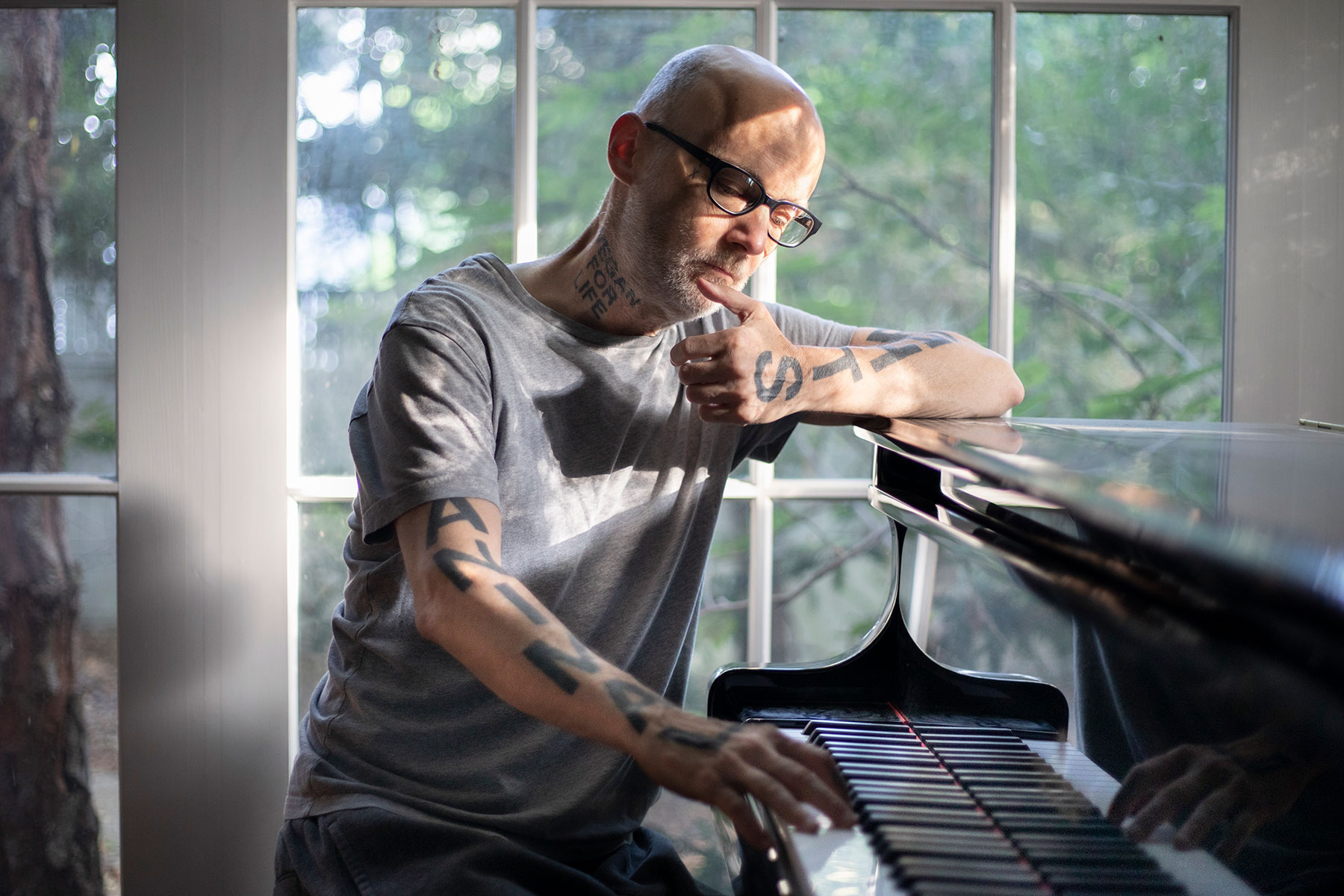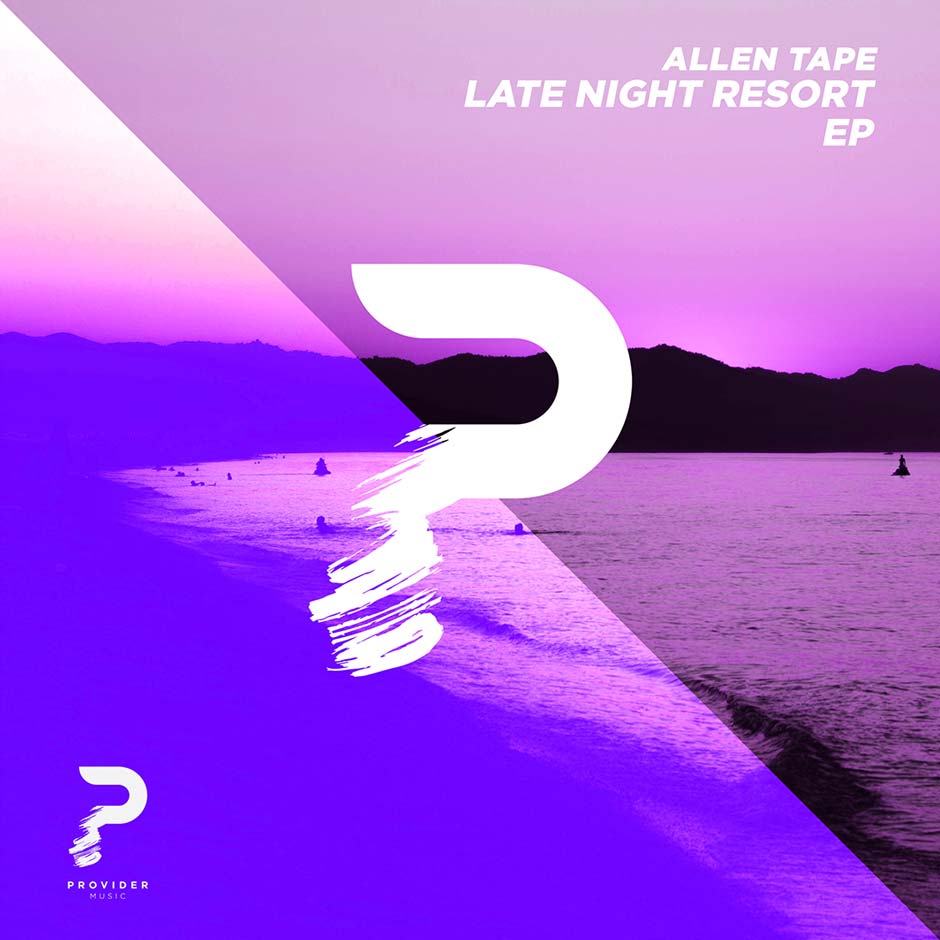Detroit’s status as America’s techno hub is firmly grounded in a mosaic of historical significance, a thriving scene, legendary artists, and a profound cultural impact. The city’s deep-rooted connection with electronic music has forever transformed it into an iconic hub for the genre, extending its influence far beyond its boundaries.
Photo by Creative Hina By.Quileen on Unsplash
In the early 1980s, a visionary group of musicians in Detroit—Juan Atkins, Derrick May, and Kevin Saunderson—known as The Belleville Three embarked on a sonic journey that would forever alter the course of electronic music history. Inspired by a wide range of influences, from Kraftwerk to George Clinton, they pioneered a new sound known as techno—a mesmerizing fusion of driving beats and hypnotic rhythms.
The impact of Detroit techno was not confined to its birthplace, for its infectious energy quickly spread to captivate audiences worldwide, permeating various aspects of popular culture. From films to video games, techno became a sonic force, solidifying its position as a cultural phenomenon that transcended mere underground scenes.
We reached out to music legend Delano Smith, who has a long history with Detroit, and he said, “I think the significance of the genre being invented in Detroit is overlooked by the newer generation. Detroit and Chicago laid the blueprint in the early days for what the music has become now, yet none of the founding fathers of the genre are represented at some of the world’s largest techno festivals.” He continued, “Even in the city where techno was invented, there is no radio representation of the genre. So, the influence has been huge all over the world since its inception, but I think the origins of the genre are sadly overlooked and misrepresented. Techno is Detroit’s gift to the world.”
As Smith points out, more local efforts can be done to represent what Detroit Techno is, nonetheless, clubs, festivals, and record labels keep hustling, embracing, and promoting the genre.
At the heart of the scene lies a legacy of iconic artists who continue to push boundaries and inspire new generations of musicians. Aside from The Belleville Three, artists such as Jeff Mills, Carl Craig, Eddie Fowlkes, and Robert Hood are just a small sample of the pioneering figures who laid the foundations of Detroit’s electronic music landscape. Their contributions have garnered international acclaim and solidified the city’s position as America’s epicenter of techno innovation.
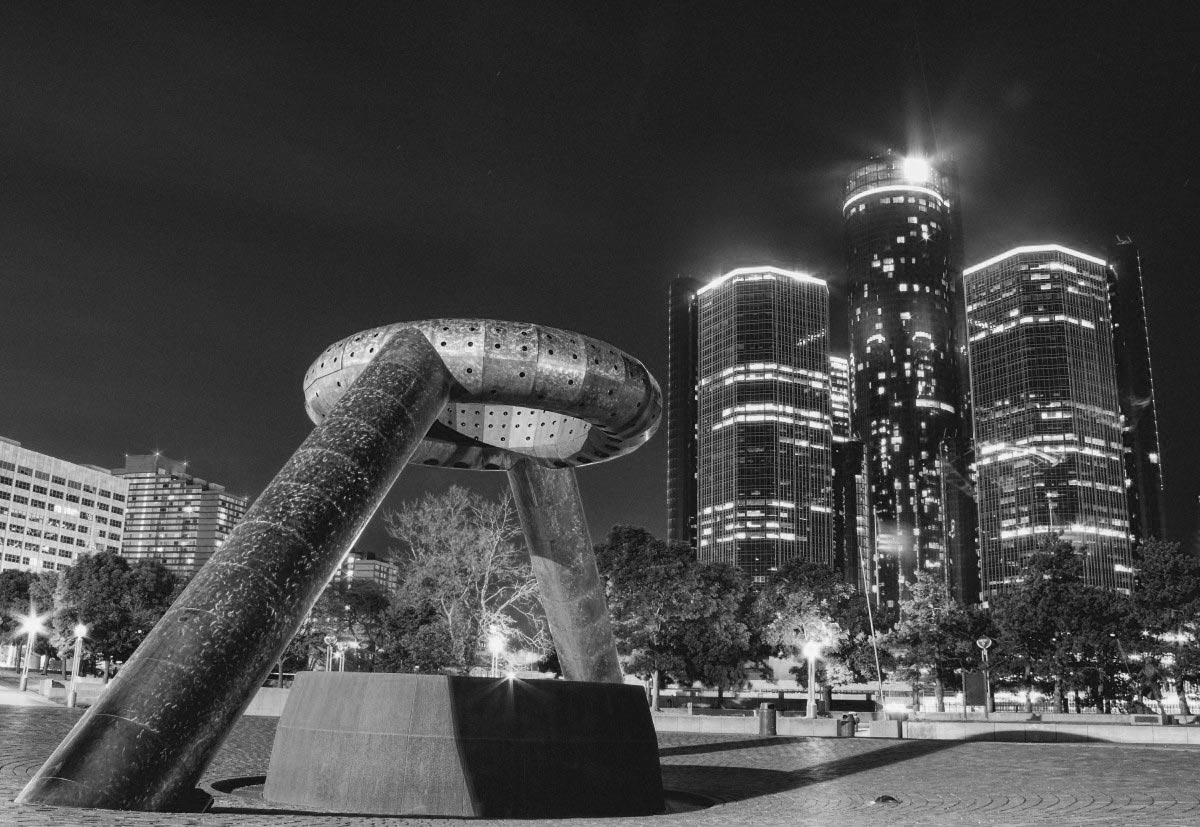 Hart Plaza in Detroit
Hart Plaza in Detroit
In the festival arena and sitting at the top tier of worldwide gatherings is Movement by Paxahau. This annual electronic music festival takes place in the Downtown area at Hart Plaza during Memorial Day weekend, which Mayor Mike Duggan officially declared years ago ‘Detroit Techno Week.’ Founded in 2000 by Carol Marvin and Carl Craig, the event was originally called the Detroit Electronic Music Festival (DEMF), and it was a celebration of the city’s role in the evolution of electronic music and the birthplace of techno. Since its inception, and taken over by Paxahau in 2006, Movement has grown exponentially drawing millions of attendees. Hundreds of talented musicians, DJs, and producers, both local and from around the world, have brought their sound to Detroit each year for this unique 3-day event.
The significance of Detroit’s techno scene extends beyond the realm of music. It is interwoven into the fabric of the city’s identity, instilling a sense of pride and serving as a beacon of inspiration for countless individuals around the globe. Its legacy underscores the transformative power of creativity and stands as a testament to the enduring spirit of a city that continuously redefines the boundaries of artistic expression.
Detroit’s relevance as one of the world’s epicenters for techno is not based on mere hyperbole but on concrete evidence. Its history, vibrant scene, legendary artists, and cultural impact form an unassailable foundation that firmly cements its place on the global stage. Detroit techno is a testament to the power of music to transcend boundaries, forge connections, and shape the future of an entire genre.


